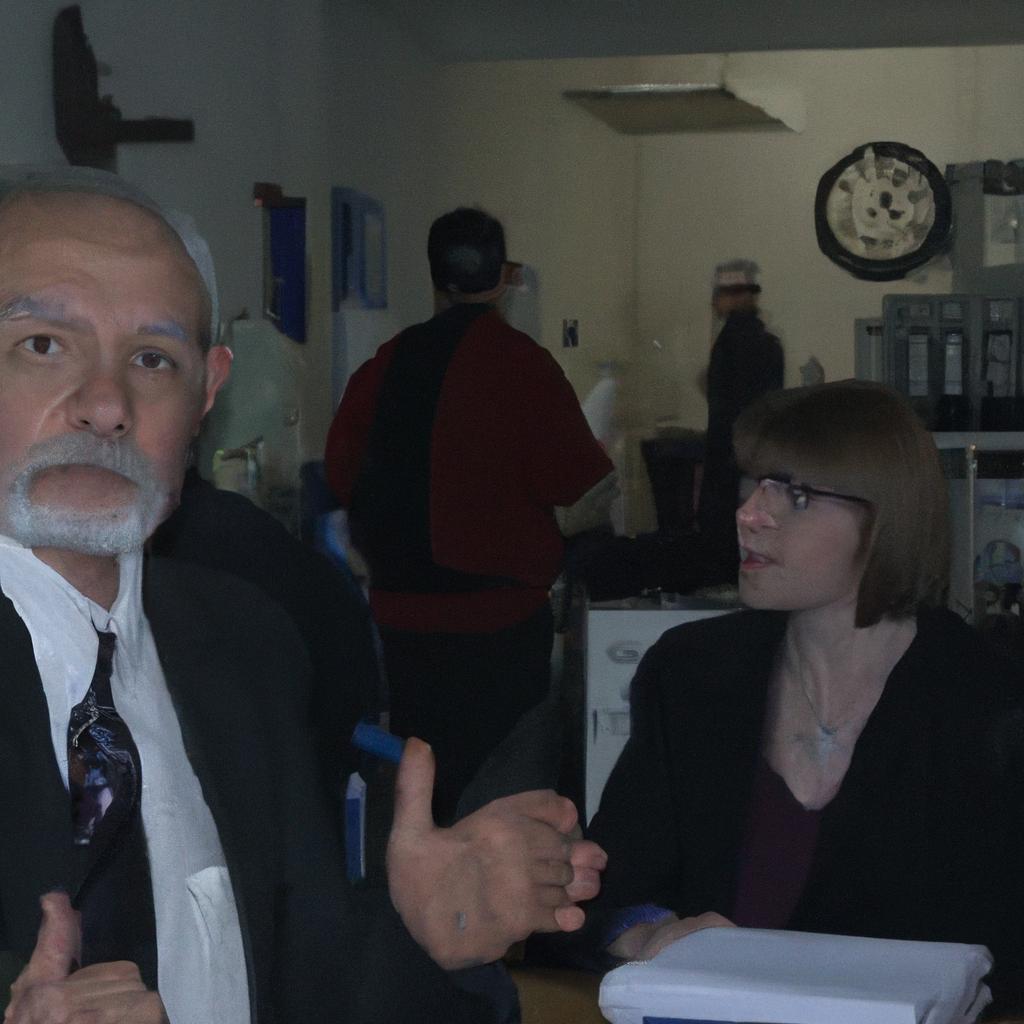In the intricate labyrinth of legal procedures surrounding the distribution of assets after an individual’s passing, one question often looms large: When are wills read after death? As practitioners in the field of estate planning and probate law, we at Morgan Legal Group are well-versed in navigating the complexities of postmortem proceedings. Join us as we unravel the mysteries of will reading timelines and shed light on this pivotal moment in the inheritance process.
Understanding the Timing of Will Readings
Once a loved one passes away, many people wonder when the will reading will take place. The timing of will readings can vary depending on several factors, including the state laws where the deceased resided, whether the will is being contested, and the availability of the executor. While there is no set timeline for when will readings must occur, they typically take place within a few weeks to a few months after the individual’s death.
It is important to remember that will readings are not always dramatic events like they are portrayed in movies and TV shows. In reality, will readings are often more procedural and straightforward. The executor of the will is responsible for ensuring that the will is carried out according to the deceased’s wishes. If you have concerns about the timing of a will reading or what to expect during the process, it is advisable to seek guidance from a legal professional experienced in estate planning and probate matters.

Legal Procedures Following a Decedent’s Passing
After a decedent passes away, the legal procedures that follow can often be overwhelming and confusing. One common question that arises is when are wills read after death. Contrary to popular belief, wills are not typically read out loud like in the movies. In fact, wills are usually kept private until they are submitted to the probate court.
Once the will is submitted to the probate court, it becomes a public document. However, the actual reading of the will usually takes place during the probate process, which can vary in length depending on the complexity of the estate. It is important to consult with a qualified estate planning attorney, such as the experts at Morgan Legal Group, to navigate the and ensure that the decedent’s wishes are carried out in accordance with the law.

Factors Influencing the Timing of Will Readings
can vary depending on the specific circumstances surrounding the deceased individual. Some of the key factors that may impact when a will is read after death include:
- Presence of a named executor or personal representative
- Availability of the attorney who drafted the will
- Complexity of the estate and potential disputes among beneficiaries
- Legal requirements in the jurisdiction where the will is being probated
In many cases, will readings may occur shortly after the individual’s passing, especially if the executor is readily available and the estate is relatively straightforward. However, in more complex situations, the timing of the will reading may be delayed to allow for proper legal proceedings and resolution of any potential disputes among beneficiaries. It is important for family members and beneficiaries to be patient during this process, as ensuring the proper handling of the deceased individual’s estate is crucial in upholding their final wishes and protecting their legacy.
Recommendations for Ensuring Timely Will Readings
One recommendation for ensuring timely will readings is to clearly specify in your will who the executor will be. The executor is responsible for carrying out the provisions of the will, including arranging for the reading of the will. Make sure to choose someone trustworthy and responsible, who will act promptly in the event of your passing. Additionally, provide clear instructions in your will on when and how you want your will to be read, to minimize any delays or confusion.
Another recommendation is to inform trusted family members or friends about the location of your will. This will ensure that your will can be located quickly after your passing, allowing for a timely reading. Consider storing your will in a safe deposit box, with your attorney, or in a secure location in your home. By taking these steps, you can help to ensure that your will is read promptly, and your final wishes are carried out as intended.
Q&A
Q: When are wills typically read after someone has passed away?
A: Wills are usually read after the individual has passed away and their death has been officially confirmed.
Q: Who is present when a will is read?
A: Typically, family members, close friends, and sometimes legal representatives are present when a will is read.
Q: Is the reading of a will a public event?
A: No, the reading of a will is usually a private event, only attended by those mentioned in the will or individuals with a legal interest in the assets and estate of the deceased.
Q: What happens if a will is not read after someone’s death?
A: If a will is not read after someone’s death, the process of probate may be initiated to determine the distribution of the deceased individual’s assets and estate.
Q: How long does it take for a will to be read after someone’s death?
A: The timing of when a will is read after someone’s death can vary depending on the circumstances, but it is typically done within a few weeks to a few months after the individual has passed away.
Future Outlook
In conclusion, the timing of when wills are read after death may vary depending on various factors such as state laws, the complexity of the estate, and the wishes of the deceased. Whether it happens immediately after death or at a later time, the reading of a will can provide valuable insights into a person’s final wishes and intentions. It is a solemn and important moment that can offer clarity and closure to loved ones left behind. Remember, the process of settling an estate can be complex, so it is important to seek legal guidance if you have any questions or concerns. Ultimately, the reading of a will is a crucial step in the grieving process and the distribution of an individual’s assets and legacy.

